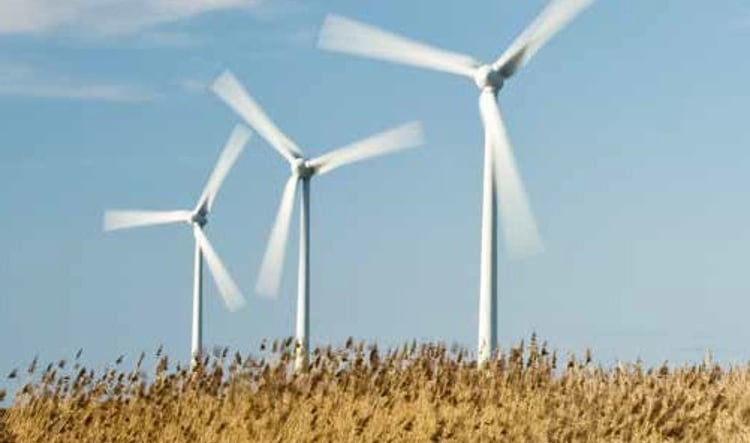Metals are vital for future energy storage
Energy, often in the form of electricity, plays an important role in our everyday life. As electricity is increasingly generated by renewable sources, such as wind power and solar energy, a number of challenges to the energy system are arising.
The capacity to store energy between production and when electricity is required needs to be strengthened, and this is where access to metals plays a key role.

The European Copper Institute estimates that energy efficiency measures in properties in Europe would reduce carbon dioxide emissions by 380 million tonnes. That’s the equivalent of emissions from 146 million cars. An important factor for achieving this is copper. For each kilogram of copper added to the energy system, the need for newly produced energy falls by 50,000 kWh. Of course, it is not just properties that hold potential. In Sweden, according to ABB, seven per cent of all energy produced is lost due to losses in the transmission and distribution grids.
In parallel, changes in energy production mean that such production is increasingly variable. Solar and wind energy are produced during favourable conditions in contrast to previous systems, when hydroelectric and nuclear power in particular generated even, stable energy production. In order for future energy production to continue to meet demand, large-scale solutions are quite simply required to store energy.
Energy storage – a challenge for the future
Battery technology has been around a long time. For example, we have clocks, cameras, speakers, smoke detectors, tools and household appliances in the home. Within healthcare, there is a great deal of vital equipment that is powered by batteries. Take for instance hearing aids, insulin pumps, pacemakers and defibrillators.
However, battery technology has not come so far that it can compensate for a major revolution in energy production. Society, in its current form, still requires stable energy supply. If energy production changes without an improvement in storage options, there is a risk of more areas than just energy-intensive industry being affected.
There are currently a number of initiatives around the world looking to solve this challenge. Among other things, different battery solutions have been implemented so that wind power plants can even supply electricity when it is not windy. Naturally, many of these solutions are based on different metals, with lithium perhaps the metal that has received the most attention. But cobalt and nickel are also of interest from the perspective of batteries. Cobalt is currently extracted as a by-product, mainly in copper and nickel mines, and due to the high demand and unreliable access, it is on the EU’s list of critical materials.
Metals therefore have an important role to play in both energy efficiency and energy storage. Copper in particular is required to achieve the EU’s goal of 30 per cent increased energy efficiency by 2030, and various metals are required to facilitate energy storage to a much greater extent than is currently the case.